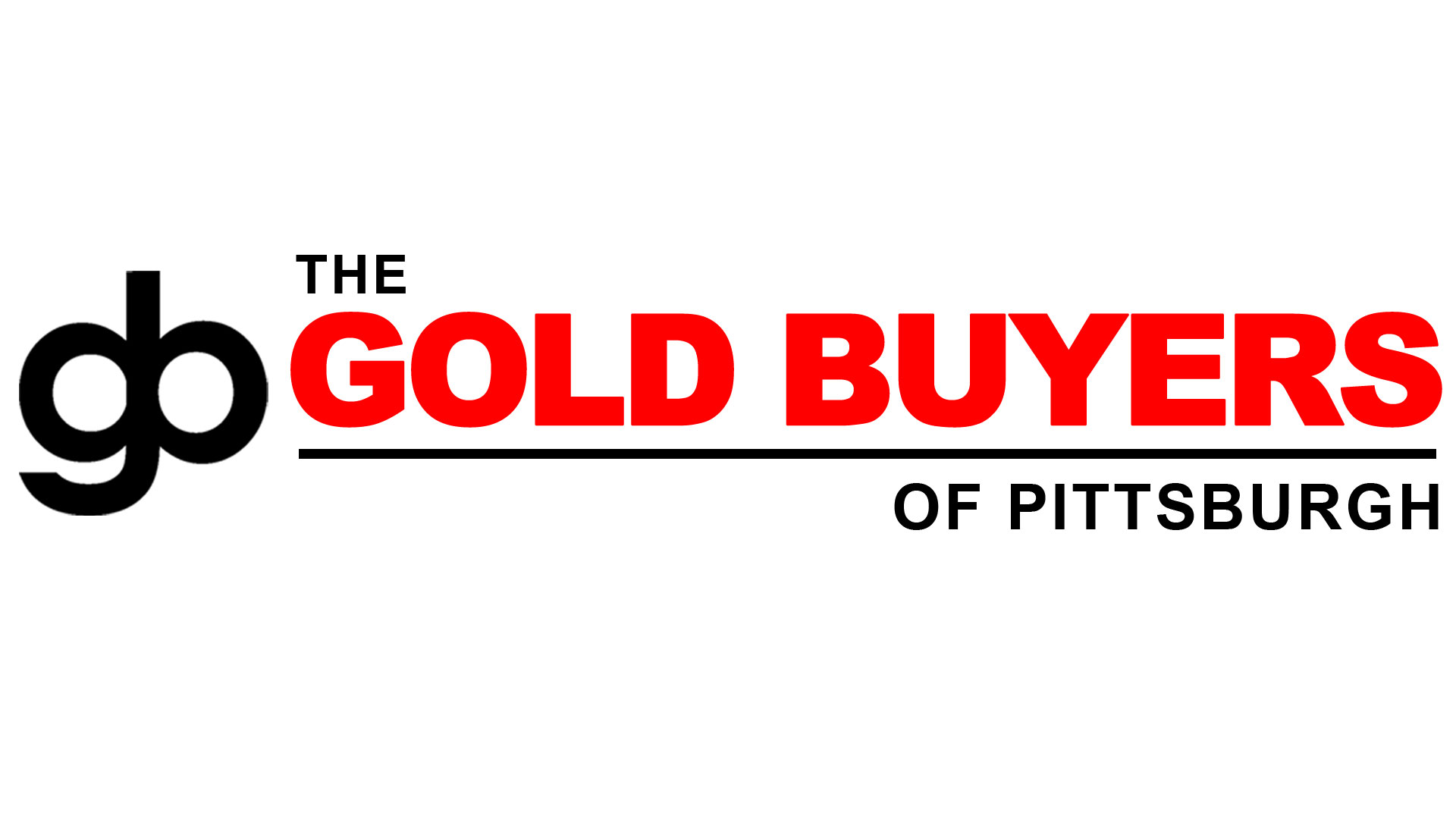Gold is one of the highly sought-after precious metals in the global market. Its worth is not only based on its beauty but also on its rarity and the multitude of applications it has in different industries. However, ensuring the standard of gold is crucial for purchasers and sellers alike. This is where efficient verification practices come into effect. Certification helps to validate the fineness and authenticity of gold, providing both consumers and investors confidence in their acquisitions.
The process of validating gold involves several steps. Initially, the gold must be tested for its fineness, which is usually measured in karats. Pure gold is 24 carats, but gold is often alloyed with other elements to enhance its durability and look. Testing can be conducted through different methods, such as chemical tests or X-ray spectroscopy, which provide precise readings of the gold content. Once the testing is finished, a certification body can provide a document that confirms the gold's standard, ensuring that purchasers know exactly what they are receiving.

Certification not only safeguards consumers but also assists maintain the credibility of the gold market. Reputable certification organizations establish strict standards that gold must satisfy before it can be validated. These standards include ethical sourcing, meaning that the gold should be obtained in a way that does not damage the ecosystem or unfairly use workers. By complying to these standards, certified gold promotes responsible mining practices and advocates for eco-friendliness in the industry.
Another crucial aspect of gold certification is tracking. Many consumers today are interested in knowing where their gold comes from and how it was manufactured. Certification methods often include this website a tracking system that traces the gold from source to market. This transparency is essential in building trust between purchasers and sellers. When buyers know the origin of their gold, they can make educated decisions, and this can lead to increased interest for responsibly sourced products.
In summary, efficient certification practices play a critical role in guaranteeing gold quality. They provide assurance to buyers about the purity and genuineness of their acquisitions, while also promoting ethical and eco-friendly practices within the gold sector. As the interest for gold continues to grow, maintaining high standards through certification will article source be crucial for building trust and credibility in the industry. By backing certified gold, buyers can contribute to a more ethical and transparent industry.
Comments on “Ensuring Precious Metal Quality Via Efficient Certification Processes”